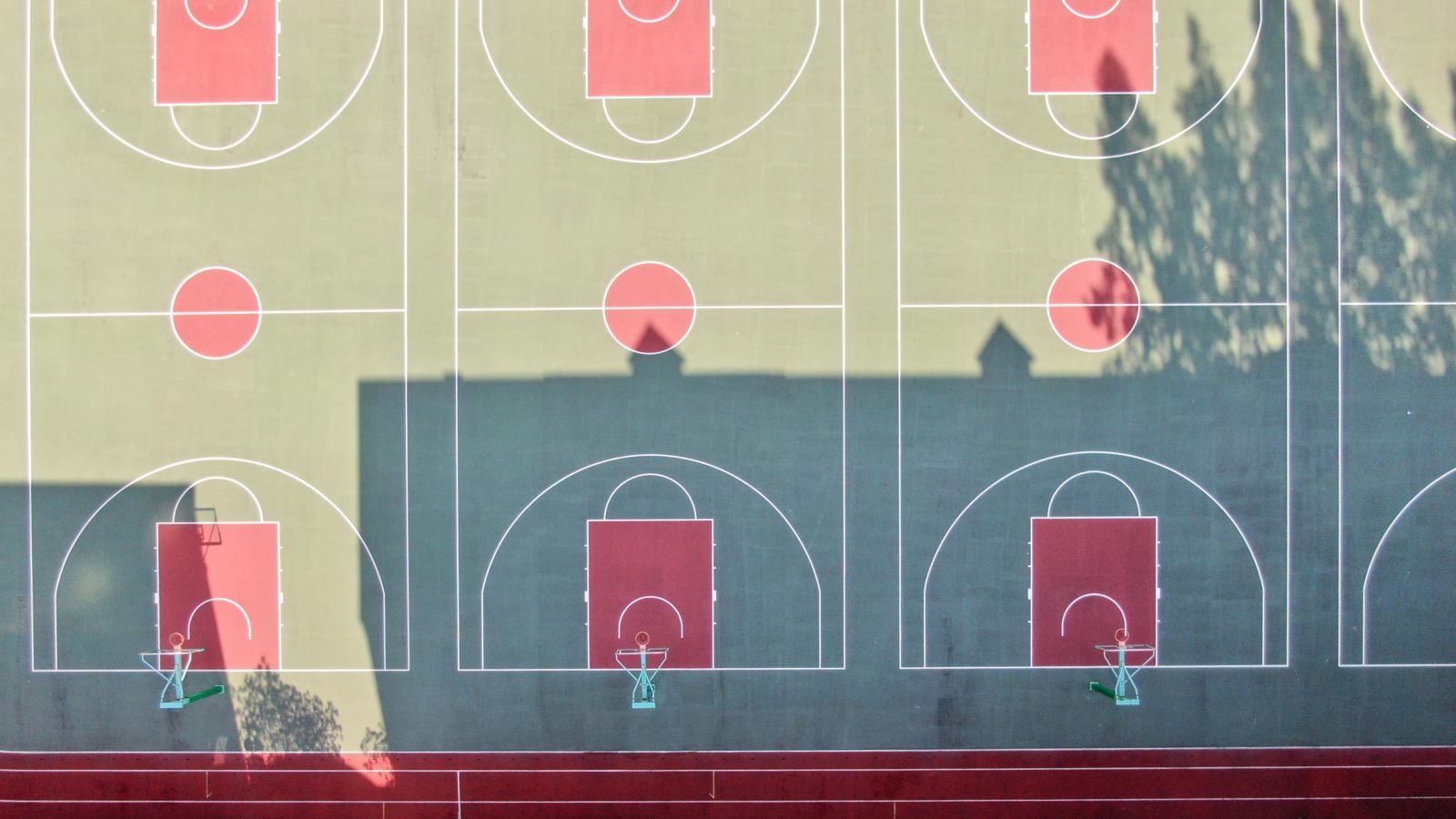Legislation Aims to Curb Abuse of NIL Deals in College Sports
October 11, 2022
written on behalf of Feigenbaum Law
A topic of particular interest over the last few years is National Collegiate Athletic Association (“NCAA”) athlete compensation in the United States. We previously wrote about the United States Supreme Court’s decision to allow college athletes to receive compensation beyond just scholarships. In Spring 2022, we also provided an update on college athletes who were taking advantage of this development, including sibling soccer players who were the first high school athletes to acquire name, image, and likeness deals (“NIL”).
As expected, it did not take long for people to question whether organizations were taking advantage of these new rules. While there was some concern that college “boosters” were using NIL deals to recruit college players, recent legislative developments have attempted to address these concerns.
Bipartisan legislation aims to eliminate tax incentives for NIL payments
One year after the Supreme Court’s landmark ruling, Senators John Thune and Ben Cardin introduced a piece of legislation named the Athlete Opportunity and Taxpayer Integrity Act (the “Act”). The Act is a response to the increase of organizations making NIL payments to college athletes and subsequently claiming income tax deductions for these donations.
Senator Thune was quoted as saying:
“College athletes have the ability to benefit from opportunities related to their own name, image, and likeness, but outside organizations and collectives should not be able to write contributions off their taxes that are used to compensate athletes…This common-sense legislation would prohibit these entities from inappropriately using NIL agreements to reduce their own tax obligations. These basic taxpayer guardrails would protect athletes, strengthen NIL, and uphold the responsible stewardship of taxpayer dollars.”
Senator Thune’s office commented on the concerns that certain organizations have taken advantage of opportunities to claim tax deductions for their NIL donations and stated that these strategies go against the spirit of charitable donation tax deductions.
As the Act is not yet law, the NCAA policy currently defers to states to set their own laws on athlete compensation.
Tax considerations for student athletes
An article published by Thomson Reuters contained an interview with Frank Messina, a representative for student-athletes at the University of Alabama, and referred to his co-authored document which was intended to be an “income tax primer for student-athletes”.
Messina said that services performed by athletes as a part of a NIL deal is considered taxable income and must be reported regardless of whether it is in excess of the standard deduction available to all taxpayers. The document also contains advice on what students should do if they are considered self-employed, adding that some athletes might have to pre-pay quarterly tax instalments.
Which students are making money on NIL?
An article recently published by The Action Network reported on which athletes are currently making the most money from NIL deals.
The article, which focused on college football players, highlighted Alabama quarterback Bryce Young as the highest NIL earner of 2022 with an estimated $3.2 million in deals. Many of these deals came after the quarterback secured the Heisman Trophy last year, which is awarded to the most valuable football player in NCAA football.
Players from other powerhouse football programs rounded out the list, including Ohio State’s CJ Stroud ($2.5 million), USC’s Caleb Williams ($2.4 million), Jaxon Smith-Njigba ($1.7 million), and Bijan Robinson ($1.7 million).
NIL helps programs retain players
Meanwhile, Forbes published an article referencing NIL as a reason that the North Carolina Tar Heels might be able to pull off back-to-back basketball championships. NIL is credited with helping successful programs keep their players because the National Basketball Association (“NBA”) allows players to enter the professional leagues without any college experience. Four of the Tar Heels’ five starters from last year returned this year in hopes of running it back. Tar Heels’ head coach Hubert Davis told Forbes:
“I’m in favor of NIL and I’ve always been in favor of NIL from the standpoint of I felt like our players should always be able to benefit from their Name, Image and Likeness, … I think college is much different than when I was in school and I love it. I love that our guys are benefiting off of their likeness and I think that’s a great thing.”
Contact Feigenbaum Consulting in Toronto for Advice on Sports and Entertainment Representation
At Feigenbaum Consulting, our team of professionals offer a wide range of services to clients in the sports and entertainment industries including agents and coaches. Our unique background in both accounting and law allows us to help clients navigate financial issues with diverse and extensive perspectives. We have a particularly deep well of experience in cross-border matters and financial arrangements and assist clients with tax planning and preparation. Contact us online, or call us at (416) 777-8433 or toll-free at (877) 275-4792 to learn more about how we can help you or the athletes you work with.





